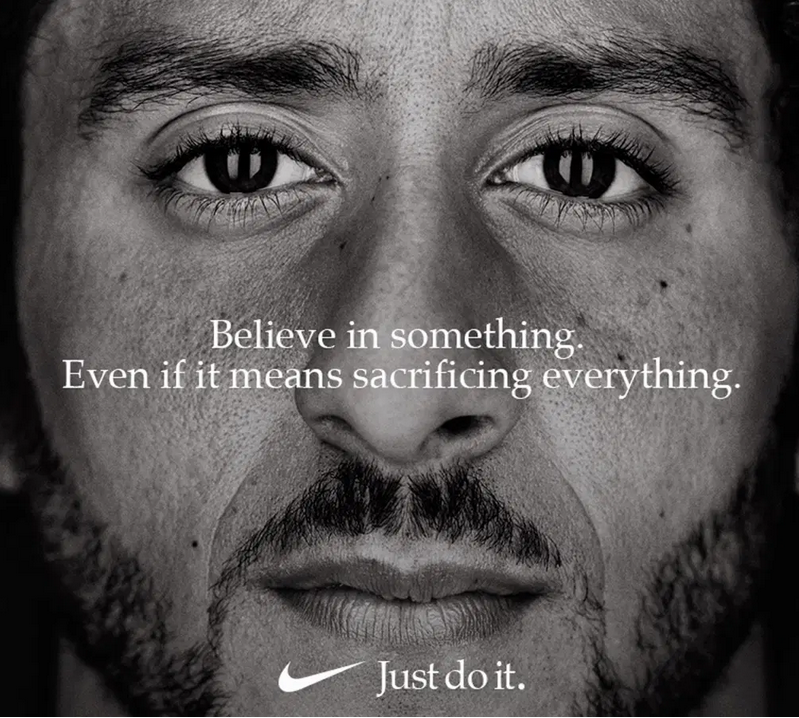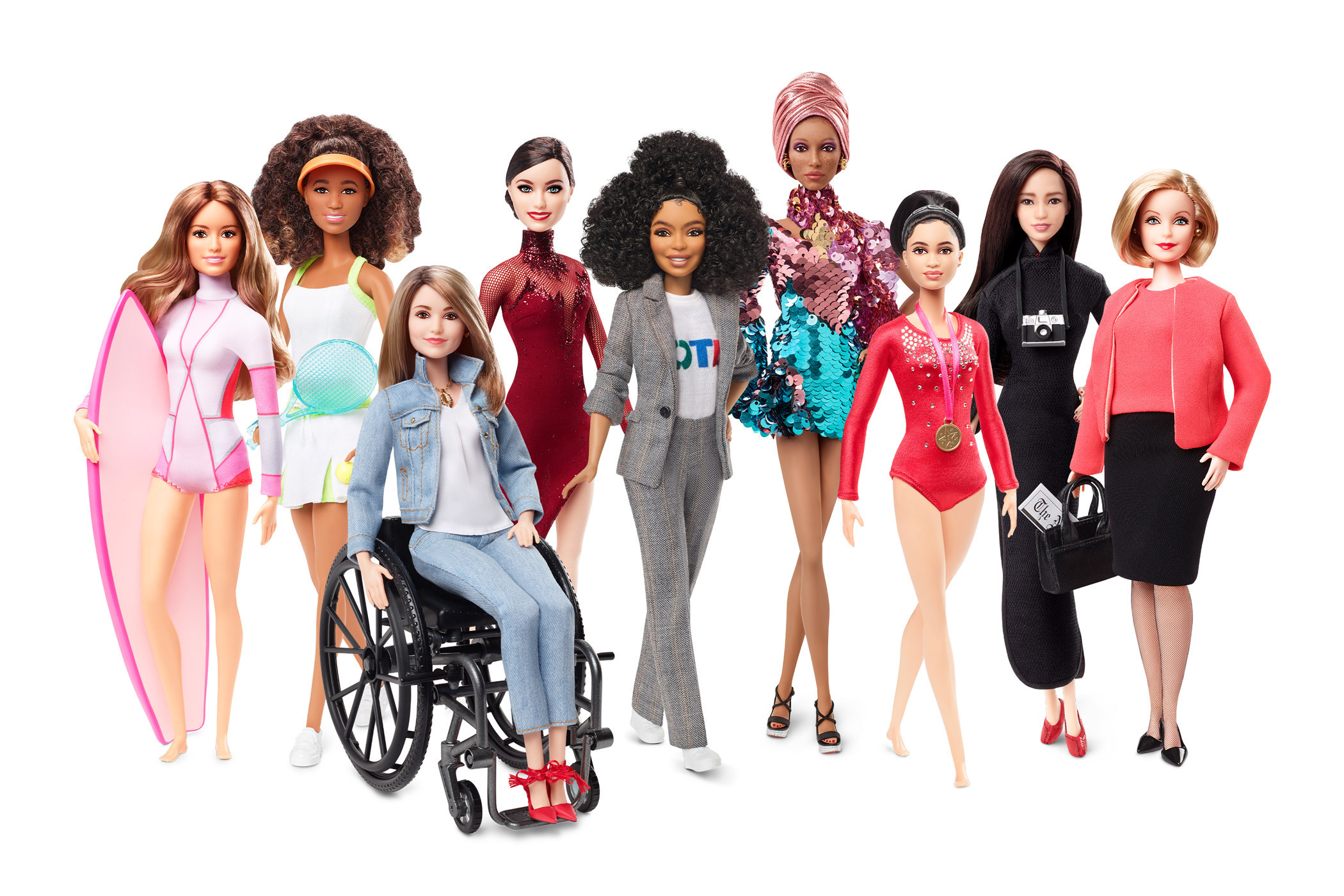Why Corporate Social Responsibility Is Important for Your Brand
BY: PARIS BUCHANAN | OCT 20, 2020 – 5 MIN READ

Key Takeaways (5-minute read)
- You have a responsibility to use your brand platform for good.
- Brands who take a stand connect with their target audiences.
- You don’t have to please everyone with your business decisions.
Why did you start a business, if not to change something? Whether it’s the way your consumers think, what they buy, how they dress, what they eat and drink, how they have fun, or the way they go about their day, you want them to behave in a certain way, and your product or service intends to get them there. If they like the way you make them feel, you’ve succeeded. In return, you have a certain amount of influence on their behavior. And we all know that with great power comes great responsibility—corporate social responsibility, to be exact.
As a brand with influence, it’s your duty to not only use that platform to achieve personal and professional success but also to make a difference to your community, your employees, your consumers, and even the world. Your brand gives you pull, especially with those consumers. Their trust in your product means they’ll be more open to hearing what you have to say on worldly matters like the environment, politics, social injustice, disaster relief, animal welfare . . . The list is endless. You might be thinking, I’m not an expert on those, I’m a businessperson. I think I’ll stay in my lane. In other words, are you giving in to the pressure to conform or not rock the boat out of fear?
You believe in something. Tell your consumers what it is. There are causes worth fighting for that you have an opinion on, and you can make a difference because you already have a platform. The power to affect change starts with building a movement, and movements start with just one voice shouting good into the void. Now, here’s the kicker: You don’t have to please everyone with your business decisions.
Let’s repeat:
You Don’t Have to Please Everyone.
Taking a stand through your brand’s marketing is a powerful way to disrupt typical advertising regimes. It forces people to take notice of your cause. If done well, it drives awareness not only to the cause you’re promoting but also to your brand’s products. But let’s be clear—this isn’t about moneymaking; it’s about making change happen. You can’t do that without backing up your message. Here are a few major companies with corporate social responsibility top of mind.
The New Black Friday
In a multifaceted move that is part business, part corporate social responsibility, some of the world’s largest retailers have announced changes to their years-long Black Friday traditions in 2020. Disrupting the billion-dollar Thanksgiving Day flash sales and doorbusters that most American shoppers have come to either know or despise, retailers including Walmart, Target, Macy’s, JCPenney, Best Buy, DICK’s Sporting Goods, Kohl’s, and many more announced they will close stores for Thanksgiving this year. The social responsibility is twofold: protecting shoppers from the increased risk of COVID-19 that accompanies crowds, lines, and confined spaces; and giving employees a day off to be with family and friends. (The economic effect we’re seeing is that these retailers are now rolling out Black Friday-esque deals and sales earlier than ever, mostly online, with some already starting.)
Nike Spreads the News
Colin Kaepernick took a knee, and the world took notice. The 49ers quarterback’s silent protest of the way American social and political systems have discriminated against people of color and people with less privilege rocked the NFL, the country, and the globe in 2016. When athletics giant Nike featured Kaepernick in its 2018 campaign celebrating its “Just Do It” motto’s thirtieth anniversary, the former NFL player’s haters revolted against the brand, even going as far as burning its products and posting the videos online. Others applauded Nike for taking a stand as the campaign read “Believe in something even if it means sacrificing everything.” Although he has not returned to the NFL since his controversial move, Kaepernick’s message echoes throughout the sport and the other major leagues today, and his role as activist stands firm. Nike’s net income saw a 108.4% increase from 2018 to 2019, proving its loyal and new fans far outweighed the naysayers.

Closing the Dream Gap
America was built on the idea that anyone could be successful; yet studies have shown that today, girls begin to doubt that idea as young as age five. Mattel’s ultimate girl power icon, Barbie, is on a mission to fix that. Empowering females to live their dreams is the brand’s platform, and the iconic doll has been doing so since 1959. Barbie has had over 180 careers and defied gender stereotypes. This year she’s even making her seventh run for the presidency and bringing her whole campaign team along. Barbie’s goal of closing the “dream gap” between young girls and their male counterparts spurred an ongoing campaign beginning in 2019. The brand donated $250,000 to women-focused nonprofits Step Up, She Should Run, and She’s the First, all of which aim to “remove barriers that prevent girls from reaching their limitless potential.” According to Statista, the Barbie brand generated gross sales amounting to about $1.16 billion in 2019, up from 1.09 billion the year before.

Consumer Expectations
Be transparent with your stance on social issues if there is a cause that you care about. You can make a difference through your platform, and studies show consumers like and want to see this type of behavior from their favorite brands. A 2020 survey by The Corporate Social Mind indicated that 20–30% of consumers research companies to find out their corporate stance on social and racial issues, 33% took action to promote their stance on social/racial issues and COVID-19 after being prompted by a company to do so, and 57% expect companies to take a stance on social/racial issues and to involve their employees in doing so.
From taking big shots like Superbowl commercials to simply letting consumers know what you believe and what you hope to accomplish, the modern world demands more corporate social responsibility from business leaders. You won’t please everyone with your decisions—but your true target audience will feel a stronger connection because of it.
Reach out to the team at Antonio & Paris to discuss strategies for igniting the love affair between your brand and consumers through promoting a cause.

WRITTEN BY
Paris Buchanan
Short Bio — Paris transitioned from client-side to agency life in 1998 at Foote, Cone & Belding (FCB), where she worked with clients such as USPS, Seagate, Levi Strauss, Lucent Technologies, and 3Com on integrated campaigns. In 2003 her career took an international turn when she went to work at McCann overseeing the Microsoft account. In 2006 she joined Antonio at Pure Moxie that was rebranded in 2017 to what is now Antonio & Paris.

WRITTEN BY
Paris Buchanan
Short Bio — Paris transitioned from client-side to agency life in 1998 at Foote, Cone & Belding (FCB), where she worked with clients such as USPS, Seagate, Levi Strauss, Lucent Technologies, and 3Com on integrated campaigns. In 2003 her career took an international turn when she went to work at McCann overseeing the Microsoft account. In 2006 she joined Antonio at Pure Moxie that was rebranded in 2017 to what is now Antonio & Paris.

